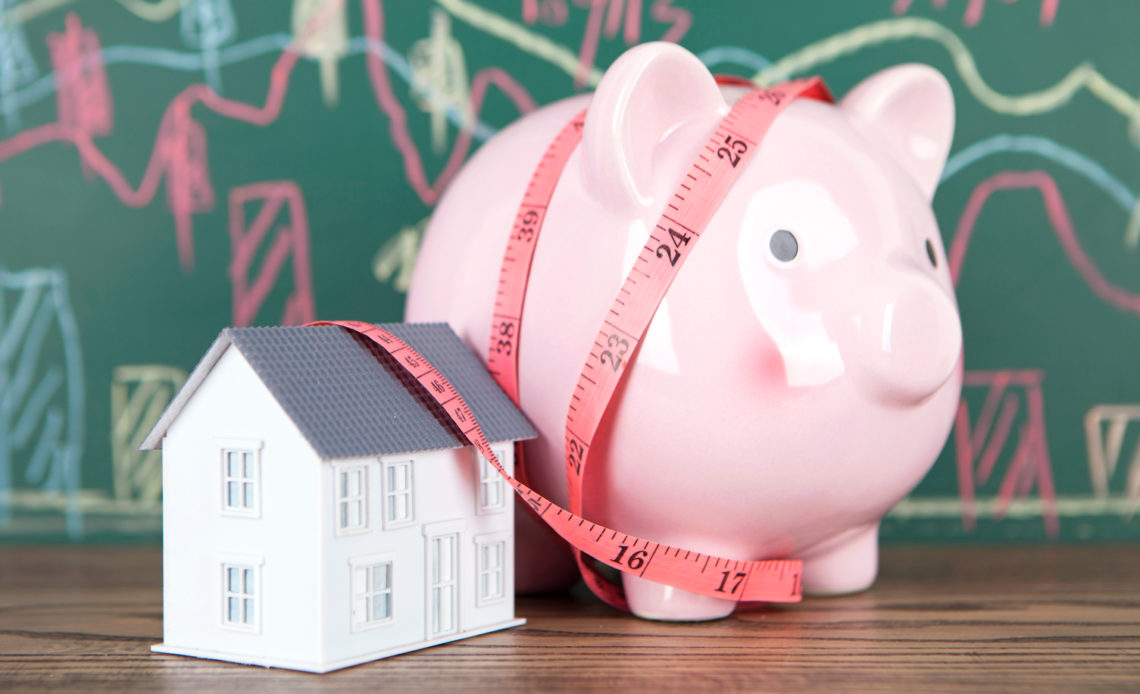
Maintaining a house is not easy; it is both costly and physically demanding. You need to hire the right people for the job, else it will lead to more repairs. Sometimes you may need financial help for your home improvement projects.
Personal and Home Equity Loans are beneficial and can efficiently pay for your home improvement projects, but if you borrow more than what you can pay, you might end up in huge financial problems. People tend to fall in debt traps and go bankrupt due to bad loans.
Here Are Some Tips For Financing Your Home Improvements
Low-Interest Credit Cards
Credit cards generally have very high-interest rates, but low-interest rate credit cards can be helpful. Loans of up to $15,000 are easy to pay off and offer a 12 to 28 months repayment period.
Such loans also require little approval and provide quick financial support. But you should repay on time, or you will end up losing a lot of money. These loans also do not require your house to be kept as collateral.
Personal Loans
For repairs from $15,000 to $50,000, you can apply for personal loans. You do not need to place any collateral for such small personal loans. These loans can also be easily approved and offer higher loan amounts.
However, personal and unsecured loans have a higher interest rate compared to other loans due to their high-risk nature.
Using Collateral
If your home improvement projects cost more $50,000, then it is preferable to go for loans by placing collateral. Lending money is always risky for lenders, so they limit the amount and value your house up to 85% only. But even then, you can end up borrowing more than you can repay and end up in a debt trap.
Cash-Out
A cash-out might seem appropriate in some scenarios, especially when you already have a mortgage on your house, so you take a new one and pay for home improvements. The long repayment periods and lesser monthly payment are a relief. However, your mortgages might extend further, and you might have quite a huge amount to repay.
Home Equity Loans
Home Equity Loans are generally another mortgage on your house. They can be costly as well as have similar closing costs to mortgages.
They have a fixed interest rate, around 10 to 15 years to repay, and you get the money at once. It is effective when you are sure that you can pay back on time
Home Equity Line of Credit (HELOC)
Home Equity Line of Credit provides you a credit amount that you can loan in installments and repay in 10 or 15 years. HELOC gives you around 5 to 10 years to borrow during which you need to pay the interest for what you borrow, and you get around 15 years to repay the full amount.
HELOCs have adjustable rates, which means that the interest rate can fluctuate, and you may end up paying more than a fixed home equity loan.
